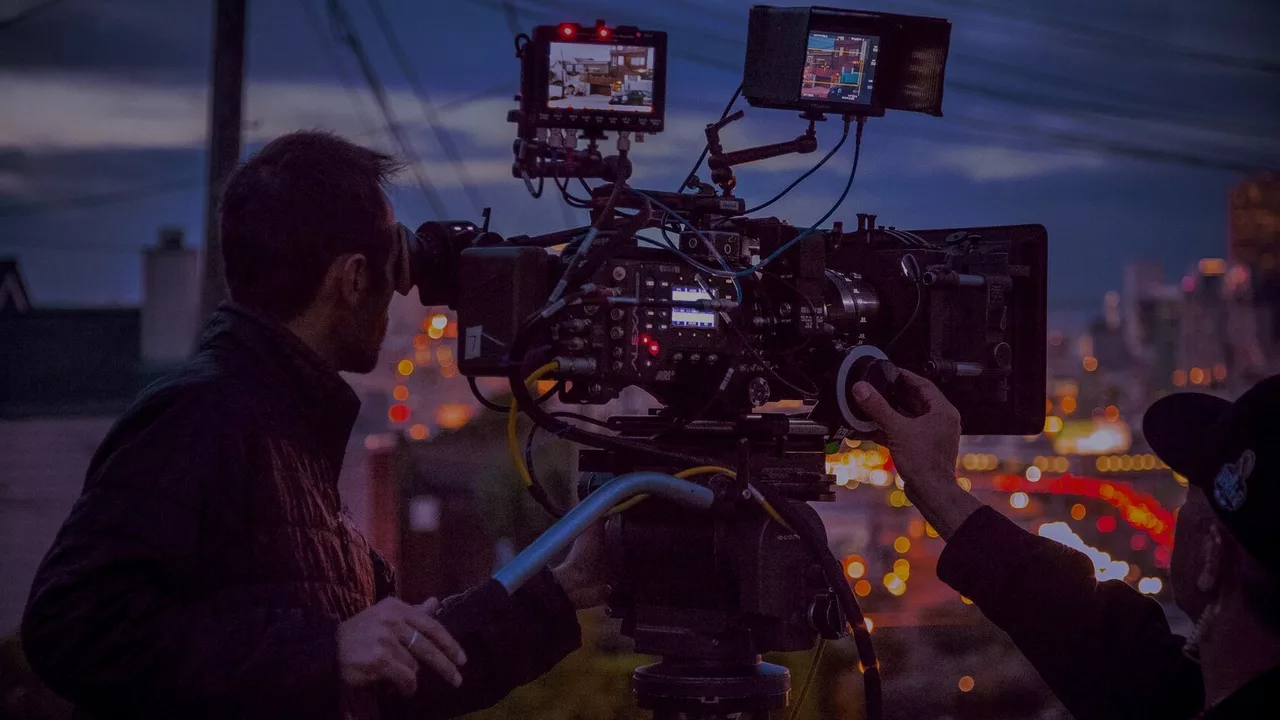Film Production Equipment and Resources
Who buys movie gear? You'd be surprised: indie directors, film students, small production houses, ad agencies, content creators and rental houses all buy or acquire equipment. If you're making a short film or your first feature, knowing who buys what helps you decide whether to buy, rent, or borrow. This page focuses on practical choices—what gear matters, where to source it in India, and budget-friendly tips so you don't waste money.
Start by listing what you really need. Camera body, lenses, tripod, gimbal, lights, microphones, and a reliable storage solution are the usual essentials. For sound, a shotgun mic and lavalier are more useful than a fancy recorder if your crew is small. For lighting, a couple of LED panels with diffusion covers provide the most flexible setup without breaking the bank. If you only have money for two items, buy a good lens and a decent mic—these affect image and sound more than an expensive body.
Buy vs Rent
Renting is common for independent filmmakers because modern rental shops stock high-end cameras and lenses you can't afford upfront. Buy if you plan to shoot often or build a rental business. For occasional shoots, renting saves cash and lets you test gear before committing. Many Indian cities have reliable rental houses; they often include insurance and tech support for an extra fee. Compare daily and weekly rates and add a small buffer for unexpected delays.
Where and How to Source Gear
Look for local authorized dealers for cameras and microphones to get warranty and service. Used gear marketplaces and film community groups are great for bargains—check serial numbers and test everything in person. Film schools sometimes sell older equipment at low prices. Online retailers in India can be competitive, but factor in shipping and return policies. If you buy used, bring a checklist: sensor condition, lens fungus, autofocus, battery health and accessories. Always ask for sample footage or a quick audio test before handing over money.
Stretch your budget with smart choices. Buy versatile lenses like a 24-70mm or a 35mm prime for low-light scenes. Choose lights that can run on batteries if you shoot on location. Use hard drives with at least 7200 RPM or SSDs for working drives and keep multiple backups. Consider joining a co-op or equipment share group to split costs with other filmmakers.
Keep gear maintained. Clean lenses with proper kits, keep batteries topped up, update firmware and store equipment in padded cases. Simple care extends gear life and saves on repair bills. If you need recommendations for specific models or rental shops in Mumbai, Delhi or Bengaluru, check our local guides or ask in the comments—readers often recommend trusted vendors.
Don’t skip insurance and warranties — they pay off when gear is damaged on set. Short-term gear insurance is affordable and rental houses often offer it. Also invest time in free online tutorials and local workshops to get better results with the kit you already own today.

Who buys movie equipment for independent or feature films?
As a blogger, I've noticed that there's a diverse range of people who purchase movie equipment for independent or feature films. From budding filmmakers and film students to production companies and experienced directors, the demand for quality equipment is high. It's fascinating to see how technology has become more accessible, allowing even those with smaller budgets to create impressive projects. Additionally, rental companies play a significant role in providing equipment to filmmakers who may not have the funds to purchase it outright. Overall, it's clear that the world of film production is continuously evolving, and the market for movie equipment is catering to the needs of both seasoned professionals and enthusiastic newcomers.
- Science (3)
- Technology and Media (2)
- Sports (2)
- Video Streaming Technology (1)
- Industrial Lighting Applications (1)
- Video Production Tutorials (1)
- Film Production Equipment and Resources (1)
- Drone Technology & DIY Projects (1)
- Stage Lighting and Equipment Guides (1)
- Online Video Streaming Guides (1)
-
Yashasvi Jaiswal Reverses Move from Mumbai After Rohit Sharma Intervention
27 Nov 2025 -
How to set a DMX address for stage lighting equipment?
27 Jul 2023 -
How does video live streaming work?
29 Mar 2023 -
How to build a simple antenna for a remote control drone?
20 Jul 2023 -
Who buys movie equipment for independent or feature films?
30 Apr 2023
30.04.23
Maverick Renfield
0